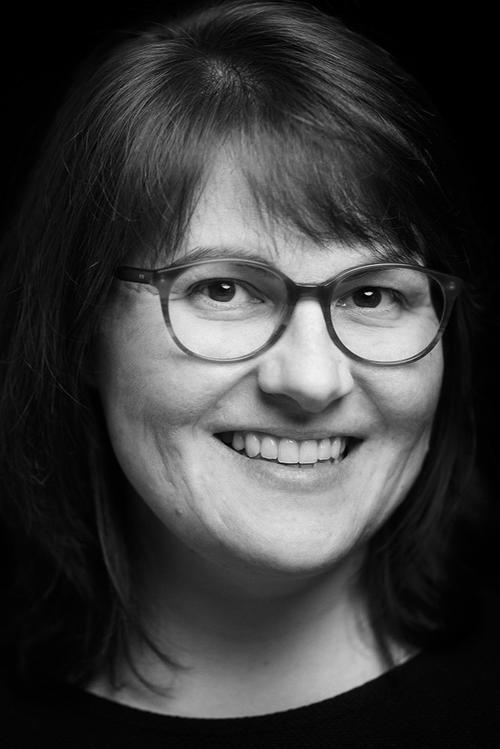Nikolina Klatt
BUA Institution
Freie Universität Berlin
Description of Research
How do political regimes shape reproductive rights over time? I develop a global index of reproductive law and use quantitative methods to analyze how regime types and their transitions influence rights such as abortion and contraception worldwide.
Where in the world has your career been largely based until now?
My career has been largely based across Germany, Austria, the UK, and the US, where I’ve lived, studied, and worked.
Why Berlin?
Berlin offers a strong research network—I'm an alum of the Hertie School, have worked at the WZB where I remain connected as a visiting research fellow, and I’m now based at Freie Universität. The city also provides excellent access to policymakers, which enabled me to work for a state minister. Beyond that, Berlin’s international and vibrant atmosphere makes it an inspiring place to live and work.
What fascinates you about your research area?
Reproductive policies are often overlooked in political science and comparative politics, yet they profoundly shape everyday life. Throughout history, they’ve been used as tools of population control. With rising autocratization, reproductive rights have become a crucial policy area to watch - and to safeguard.
What major short-term goal are you currently working towards with your research?
I'm currently developing the Global Index of Reproductive Law (GIRL), which systematically captures legal changes related to abortion, contraception, pregnancy care, and other aspects of reproductive rights across countries over time.
What did you want to be when you grow up?
When I was growing up, I wanted to be a singer. While I didn’t end up on stage, I still enjoy using my voice: just now it’s through research, teaching, and public speaking.
If you could have a radical career change for a week, what would it be?
I’ve already made a radical career change: I was an art historian before turning to political science. Transitioning from the art world to political research was a dramatic shift, but it gave me a unique perspective on how culture and power intersect and shape society.

